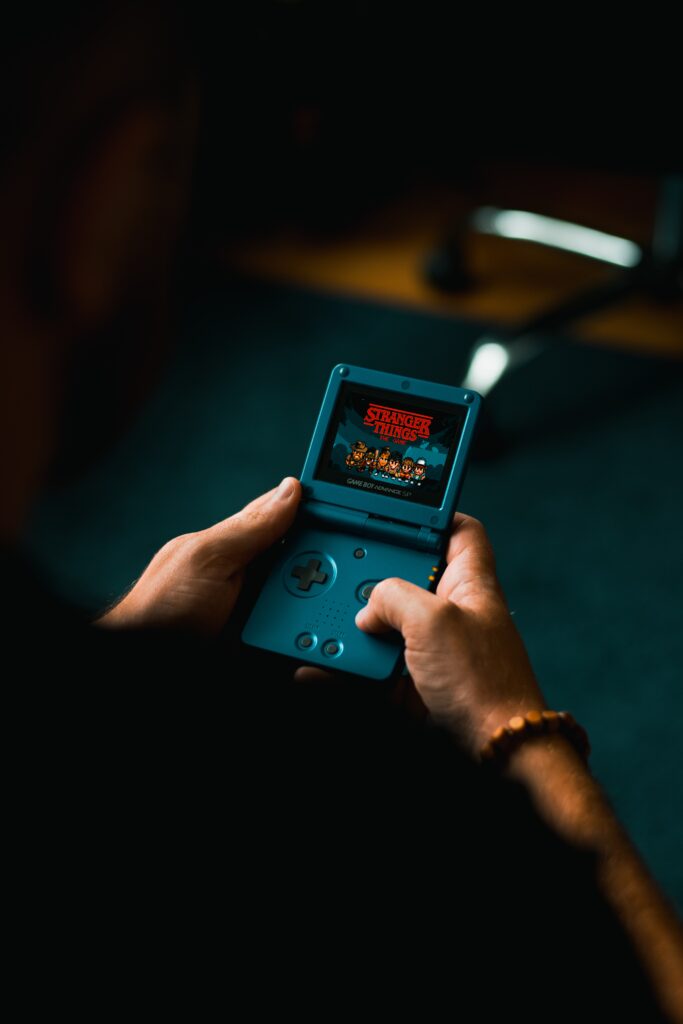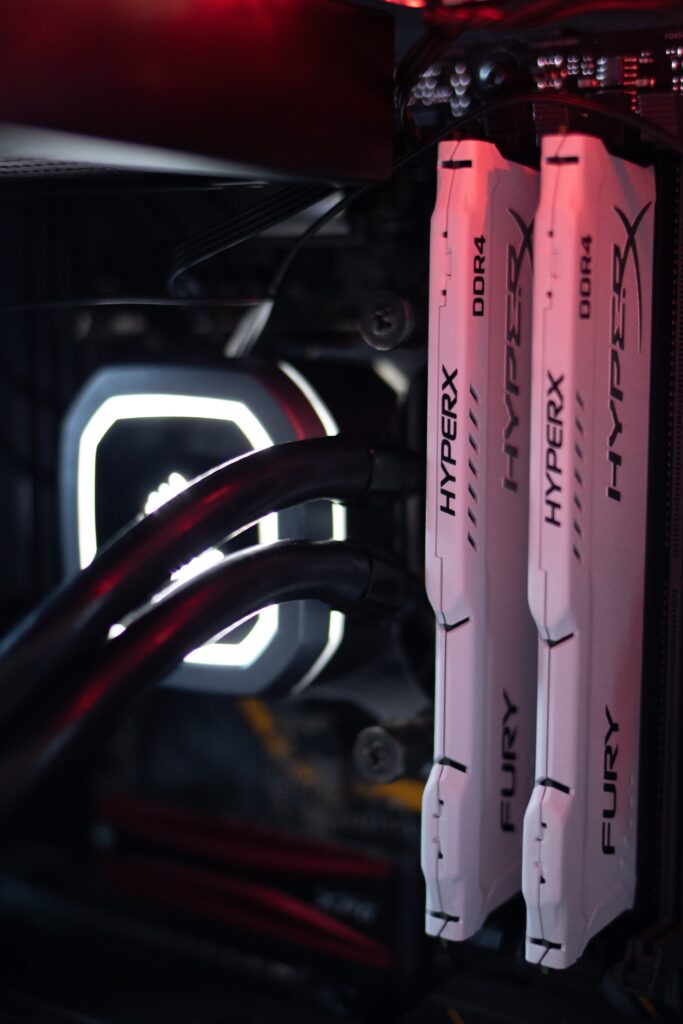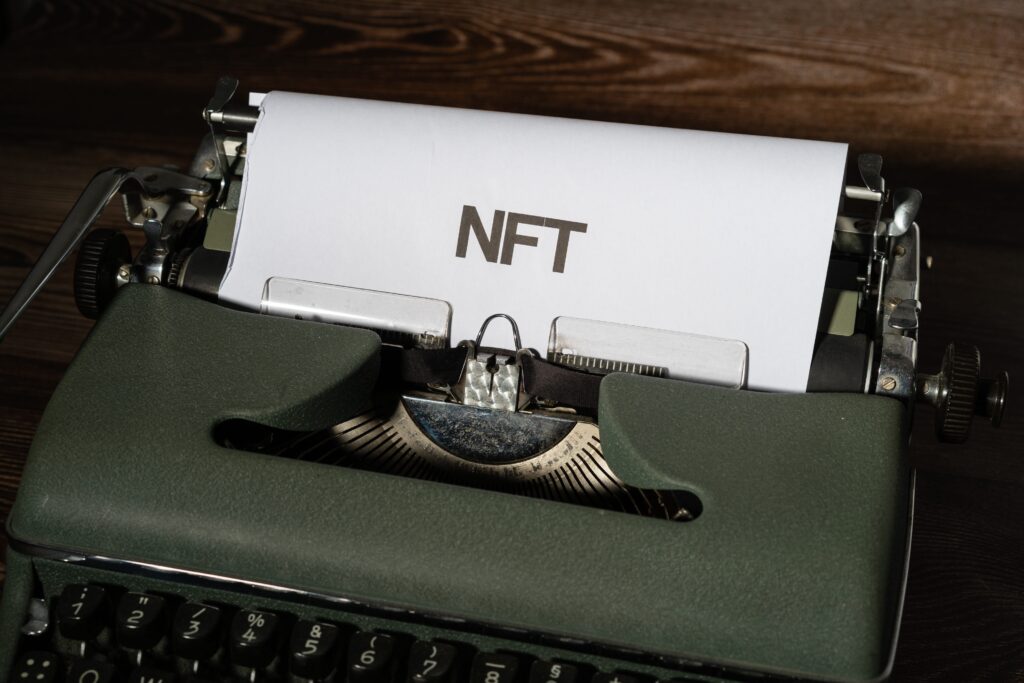
NFT Games Explained
NFT games are a relatively new phenomenon, but they are quickly gaining traction as a way for gamers to own and trade virtual items. NFT games use NFTs to represent in-game items, such as weapons, armor, and other collectibles. This allows gamers to truly own their virtual items and trade them with other players for real money.
One of the main benefits of NFT games is that they provide a level of ownership and authenticity that is not possible with traditional, non-blockchain based games. In most games, players do not truly own their virtual items and can have them taken away or deleted at any time. With these games, players have verifiable ownership of their virtual items, which can be traded and sold just like any other physical or digital asset.

How NFT games differ from traditional games
NFT games differ from traditional games in a few key ways. Firstly, NFT games often utilize blockchain technology, which allows for the creation and ownership of digital assets to be verified and tracked. This allows players to own and trade in-game items or assets as unique and verifiable digital assets.
Another key difference is that they often allow for more player ownership and control over in-game assets. In traditional games, players may earn or purchase in-game items or assets, but they do not actually own these assets in the same way that they would own a physical item. With NFT games, players can truly own and trade their in-game assets, potentially increasing their value over time.
Finally, these games often have a greater focus on collectability and scarcity, as players can only own a limited number of certain in-game assets. This can add an element of competition and rarity to the game, as players may be more motivated to collect and trade rare or valuable in-game items.
Overall, NFT games offer a unique and innovative gaming experience that combines the benefits of blockchain technology with the excitement of in-game asset ownership and collectability.
The benefits of NFT games
NFT games offer a number of benefits that traditional games do not. One of the main benefits is the ability for players to own and trade unique, in-game items as NFTs. These items can be used in the game itself or sold on the open market, providing an additional revenue stream for game developers and giving players a new way to monetize their in-game achievements.
Another benefit of NFT games is the ability to create a more immersive and personalized gaming experience. Players can customize their in-game items and characters with unique NFTs, creating a one-of-a-kind gaming experience that is tailored to their interests and preferences.
In addition, they can create new opportunities for game developers to monetize their games. By selling NFTs as part of their game, developers can generate ongoing revenue from their games even after they have been released. This can help to sustain the development of new content and features, leading to a more dynamic and engaging gaming experience for players.
Overall, NFT games offer a number of benefits for both developers and players, including the ability to own and trade unique in-game items, create a personalized gaming experience, and generate ongoing revenue for game developers.

The risks and challenges
NFT games come with their own set of risks and challenges that players and developers should be aware of. One of the main risks is the possibility of scams or fraud, as the NFT market is still relatively new and unregulated. It is important for players to do their research and only purchase NFTs from reputable sources to minimize the risk of being scammed.
Another risk is the possibility of market fluctuation, as the value of NFTs can fluctuate rapidly based on market demand. This means that players could potentially lose money if the value of their NFTs decreases.
Developers also face challenges when it comes to them, including the need to constantly update and maintain the game to keep players interested and engaged. This can be time-consuming and costly, and requires a strong marketing strategy to ensure the game’s success.
Overall, while these games offer many benefits, it is important for players and developers to be aware of the risks and challenges associated with this new and evolving technology.
Popular NFT games
NFT games are a new type of digital game that use non-fungible tokens (NFTs) to represent in-game assets or achievements. These games are built on blockchain technology, which allows for the unique and verifiable ownership of the NFTs.
Some popular examples of NFT games include Axie Infinity, CryptoKitties, and Gods Unchained. These games allow players to buy, sell, and trade NFTs representing in-game items or characters, and offer gameplay that is similar to traditional games.
However, they differ from traditional games in a few key ways. For one, the value of the NFTs in these games can fluctuate based on market demand, similar to how the value of cryptocurrency can fluctuate. This means that players may see the value of their in-game assets increase or decrease over time.
Another difference is that these games often have a greater focus on ownership and scarcity. In traditional games, players typically do not own the in-game items or characters that they use, and these items can be easily replicated or removed from the game. In contrast, NFTs represent a unique and verifiable ownership of the in-game assets, and the supply of these assets is often limited.
Overall, NFT games offer a new and innovative way to play digital games and own in-game assets. However, they also come with their own set of risks and challenges, such as the volatility of NFT values and the potential for fraud or scams. It is important for players to carefully consider these risks before participating in NFT games.


Tips for playing and investing in NFT games
Games that use non-fungible tokens, are a new type of gaming experience that is gaining popularity. These games differ from traditional games in a few key ways:
NFTs: The main difference between NFT games and traditional games is the use of non-fungible tokens. NFTs are unique digital assets that represent ownership of a specific item or piece of content. In NFT games, players can purchase, own, and trade NFTs that represent in-game items or achievements.
Blockchain technology: NFT games are built on blockchain technology, which is a decentralized and secure digital ledger. This allows for transparent and verifiable ownership of NFTs and can provide additional security for players.
Monetization: In traditional games, players typically purchase a game or in-game items with real money. In NFT games, players can earn real money by selling their NFTs to other players. This provides an additional monetization opportunity for players and can potentially lead to the creation of new types of games and gaming experiences.
Overall, NFT games offer a unique and innovative way to play and interact with games, and are worth considering for both casual gamers and investors.
Conclusion
The use of NFTs in gaming is still in its early stages, but it has the potential to completely change the way we think about virtual items and ownership. NFT games could lead to the creation of new types of games and gaming experiences, as well as new revenue streams for game developers.
In addition to providing a way for gamers to own and trade virtual items, NFT games could also be used to represent in-game achievements and milestones. This could provide a new way for gamers to show off their skills and progress in a game, and could potentially lead to the creation of new types of games that are centered around collecting and trading NFTs.
Overall, NFT games are a exciting new development in the world of gaming and have the potential to completely change the way we think about virtual ownership. As the technology becomes more widespread, we can expect to see NFT games being used in a variety of creative and innovative ways.



